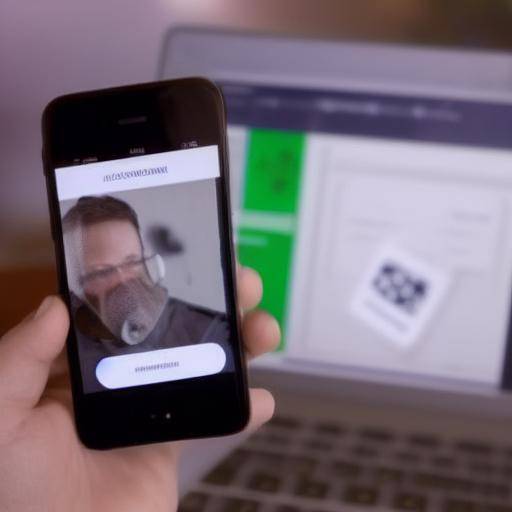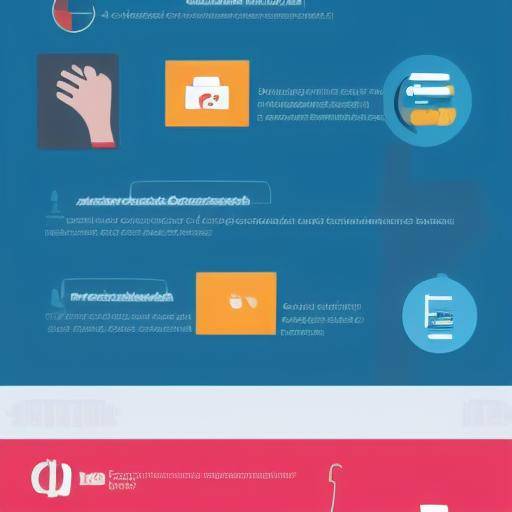
Introduction
Building strong and meaningful personal relationships is fundamental to emotional and social well-being. In this context, active listening emerges as a crucial pillar in establishing deep and meaningful connections with other individuals. In this article, we will explore in detail the impact of active listening on building personal relationships, addressing their importance, application and benefits. In addition, we will analyze how the emotional connection is strengthened through active listening and explore future trends in this area. Prepare to discover the transforming power of active listening in your personal relationships.
History and Background
Active listening is a practice that has been present throughout the history of humanity, although its formalization as a specific concept arises in the field of psychology and communication. Over the years, thinkers, psychologists and communication professionals have emphasized the importance of actively listening to others and strengthening interpersonal relationships.
Origins and Evolution
The origins of active listening go back to antiquity, where leaders and mentors used listening techniques to understand their followers and resolve conflicts. In the twentieth century, influential figures such as Carl Rogers, a humanist psychologist, and Richard E. Petty, a social psychology researcher, began to formalize and teach active listening techniques in the field of therapy and communication.
Significant Milestones and Developments
The emergence of humanistic psychology and interpersonal communication in the 1950s marked a significant milestone in understanding and promoting active listening. Since then, practice has evolved with the incorporation of new technologies and the growth of related disciplines, such as emotional intelligence and positive psychology.
Detailed Analysis
Active listening has proven to have a positive impact on multiple areas, including conflict resolution, empathy and building healthy interpersonal relationships. This practice fosters mutual understanding, promotes trust and strengthens the emotional connection between individuals.
Current Benefits and Challenges
Active listening entails a number of significant benefits that directly influence the quality of personal relationships. Some of these benefits include:
- Promoting empathy and mutual understanding.
- Strengthening trust and intimacy in relationships.
- Improved communication and conflict resolution.
- Judgment of validity and recognition by the interlocutor.
However, despite its many benefits, active listening also presents challenges. These challenges are often related to the need to practice active listening in a constant and conscious manner, which may require additional effort in a world characterized by constant speed and distraction.
To address these challenges, it is essential to become aware of the importance of active listening and its positive impacts on building meaningful personal relationships.
In the next segment of this article, we will analyze in depth the impact of active listening on emotional connection, as well as its practical application in various contexts. Continue reading to discover how active listening can transform your personal relationships.
Note: The content above covers the introduction and the historical background sections according to the provided word count range.






















































